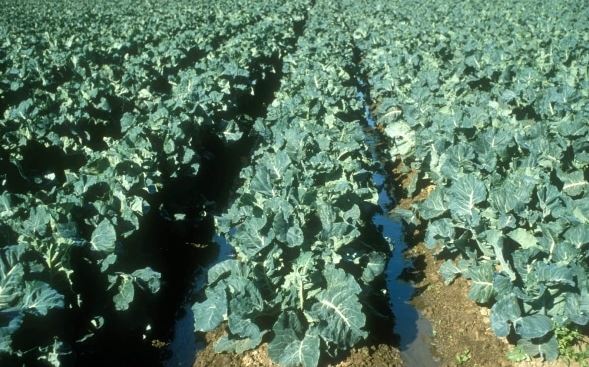Sonepur: Subarnapur, a predominantly agricultural district, boasts significant horticultural production, but the absence of cold storage and proper marketing facilities continues to plague farmers, a report said. They are often forced into distress sales of their crops, leaving them vulnerable to financial exploitation. Farmers in the region face immense challenges due to inadequate preservation and market support systems.
Taking advantage of this gap, traders purchase vegetables at extremely low prices and later sell them elsewhere at much higher rates. Subarnapur, which lacks industrial development, primarily relies on agriculture. In addition to cultivating paddy, farmers grow pulses and various vegetables. According to data from the horticulture department, 1,501 hectares in the district are dedicated to onion cultivation, with a production target of 17,457 metric tonnes for the 2024-2025 fiscal year. Similarly, 308 hectares are used for potato farming, with an estimated output of 4,737 metric tonnes. The district also has 2,548 hectares under brinjal cultivation, aiming for 44,955 metric tonnes, and 3,207 hectares for tomatoes, with a target of 45,197 metric tonnes.
Additionally, Subarnapur produces thousands of metric tonnes of mangoes. Despite this agricultural diversity, the lack of cold storage facilities prevents farmers from preserving their produce, forcing them to sell at unreasonably low prices. This results in significant financial losses. For instance, during the onion harvest season, farmers are compelled to sell onions for as little as Rs 7 to Rs 9 per kilogram, even though market prices later surge to Rs 40 per kilogram. Similar trends are observed with tomatoes, brinjals, cauliflowers, and cabbages, leaving farmers perpetually in financial distress. The absence of cold storage and robust market infrastructure remains a critical issue requiring immediate attention. Farmers argue that such infrastructure would enable them to preserve their produce and fetch fair prices, reducing their reliance on traders. During peak harvest seasons, distress sales become commonplace, exacerbated by government inaction. Farmers recall that the previous state government had promised during the 2019 elections to construct cold storage facilities in every block.
However, not a single facility has been established in the district to date. While various government schemes aim to promote agricultural development, they fail to address the farmers’ actual needs at the grassroots level. Without storage facilities, perishable produce often rots, leading to further losses. Subarnapur district comprises six blocks-Sonepur, Tarabha, Dunguripali, Binka, Ulunda, and Biramaharajpur-where crops such as potatoes, onions, garlic, tomatoes, pointed gourds, brinjals, cowpeas, ladies fingers, cucumbers, cauliflowers, chilies, leafy greens, bitter gourds, pumpkins, and cabbages are cultivated. Farmers frequently take loans to purchase seeds, fertilisers, and pesticides for their crops. However, the lack of infrastructure means they are unable to store or sell their produce at competitive prices, with much of it perishing during harvest seasons.
Also Read: PM Modi arrives in Bhubaneswar; will inaugurate Pravasi Bharatiya Divas convention Thursday
Currently, many farmers engage in cultivation solely to meet basic subsistence needs, citing a lack of government encouragement and support. Despite repeated financial setbacks, some farmers have expanded into vegetable and fruit cultivation, highlighting the urgent need for cold storage facilities to sustain their efforts. The newly formed BJP-led state government has announced plans to establish cold storage facilities across all sub-divisions as part of its first phase initiatives. Sources from the horticulture department indicate efforts are underway to set up such facilities in the Sonepur and Biramaharajpur sub-divisions to benefit local farmers. Farmers hope these initiatives will address the pressing issues and prevent further exploitation, enabling them to earn fair prices for their hard work.
